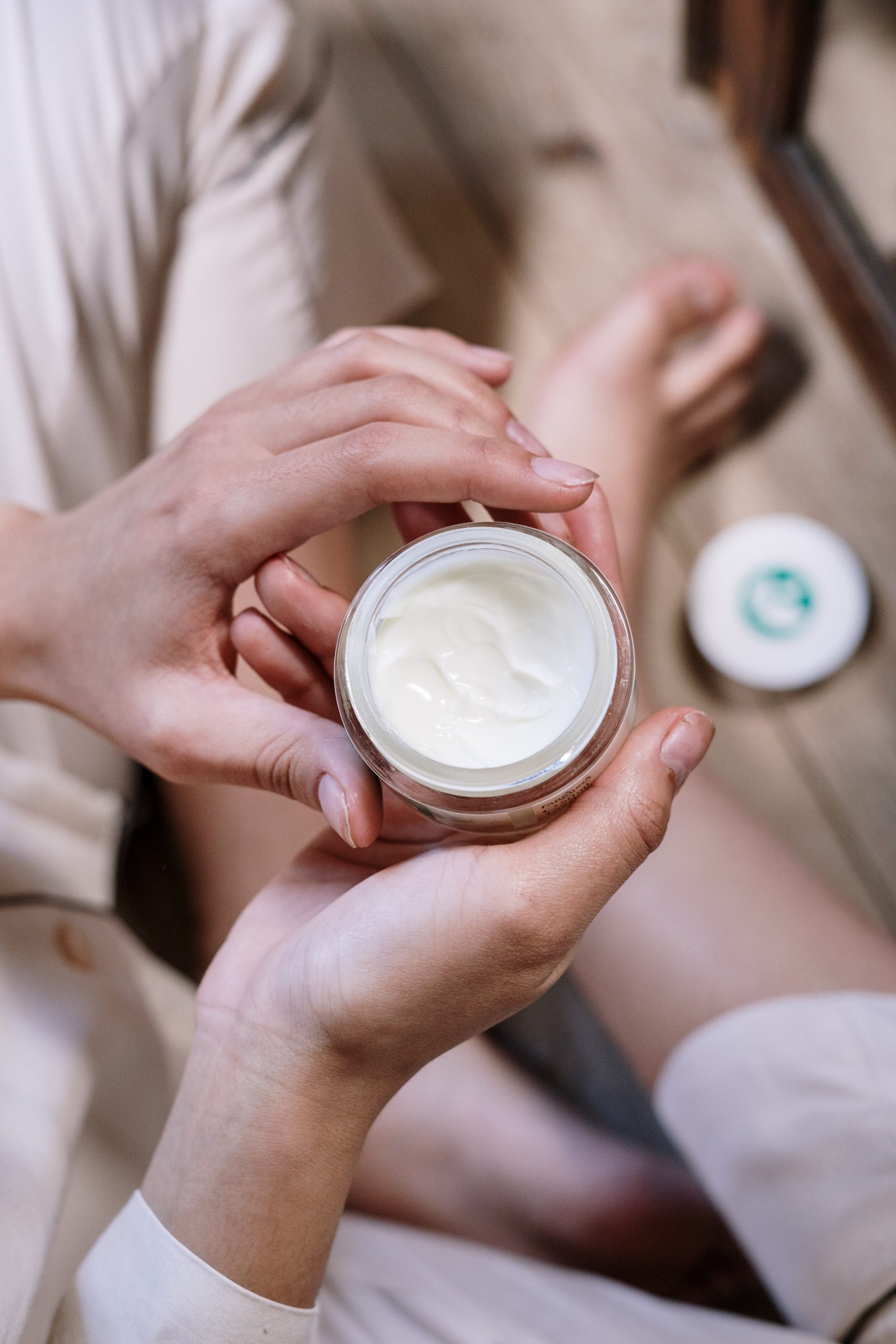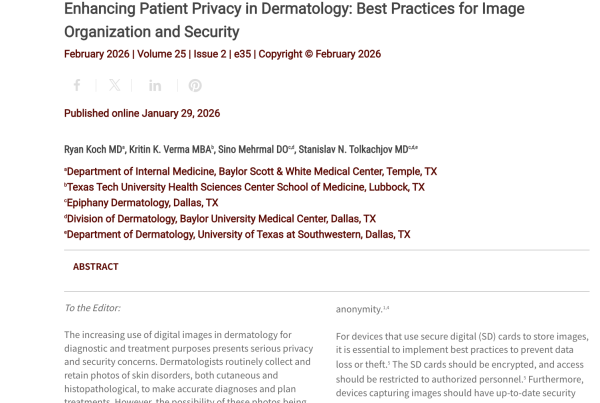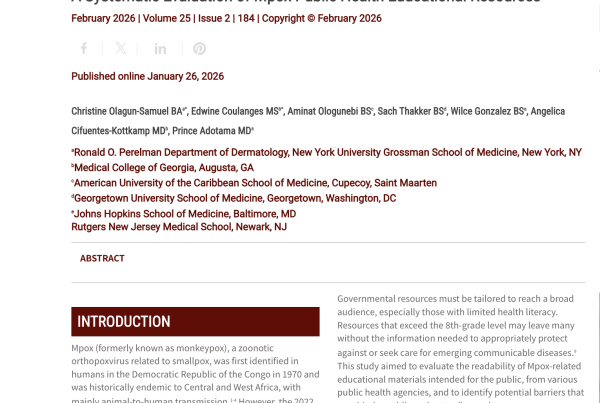Featured Article

With a well demonstrated impact on quality of life, melasma is a common cause for seeking dermatologic care. There is no universally efficacious therapy, so combination treatment is preferred. Therapies include topical hypopigmenting agents, laser treatment, microneedling, chemical peels, radiofrequency, and oral medications.1 Furthermore, it is critical for patients to avoid exacerbating factors.
In this review, authors discuss the well-defined role of oxidative stress in melasma and the therapeutic efficacy of various antioxidants for patients suffering from melasma, focusing on studies investigating the role of vitamin C, azelaic acid, cysteamine, glutathione, carotenoids, and numerous other antioxidants in disorders of hyperpigmentation.
Melasma is a chronic and acquired skin disorder of hyperpigmentation that presents with symmetric hypermelanosis of sun exposed areas, especially the face. Disease prevalence, ranging from 1 to 50%, varies with gender, ethnicity, skin phenotype, and sun exposure.
The pathogenesis of melasma is incompletely understood, which poses a challenge for disease management. Causative factors include genetics, ultraviolet (UV) radiation, cosmetics, pregnancy, hormonal therapy, phototoxic drugs, and various medications.
Melasma is evaluated by Melasma Area and Severity Index (MASI) score, modified MASI (mMASI) score, Melasma Quality of Life Scale (MelasQoL), colorimetry, and mexametry.
With a well demonstrated impact on quality of life, melasma is a common cause for seeking dermatologic care. There is no universally efficacious therapy, so combination treatment is preferred. Therapies include topical hypopigmenting agents, laser treatment, microneedling, chemical peels, radiofrequency, and oral medications.1 Furthermore, it is critical for patients to avoid exacerbating factors.
The skin, a protective organ critical in homeostasis, is the site of numerous biochemical processes, including the generation of free radicals, namely reactive oxygen and nitrogen species. Reactive oxygen species (ROS) are necessary for biological signaling processes, but, in excess, ROS can damage biomolecules.3 There is clear evidence of oxidative stress in melasma.









